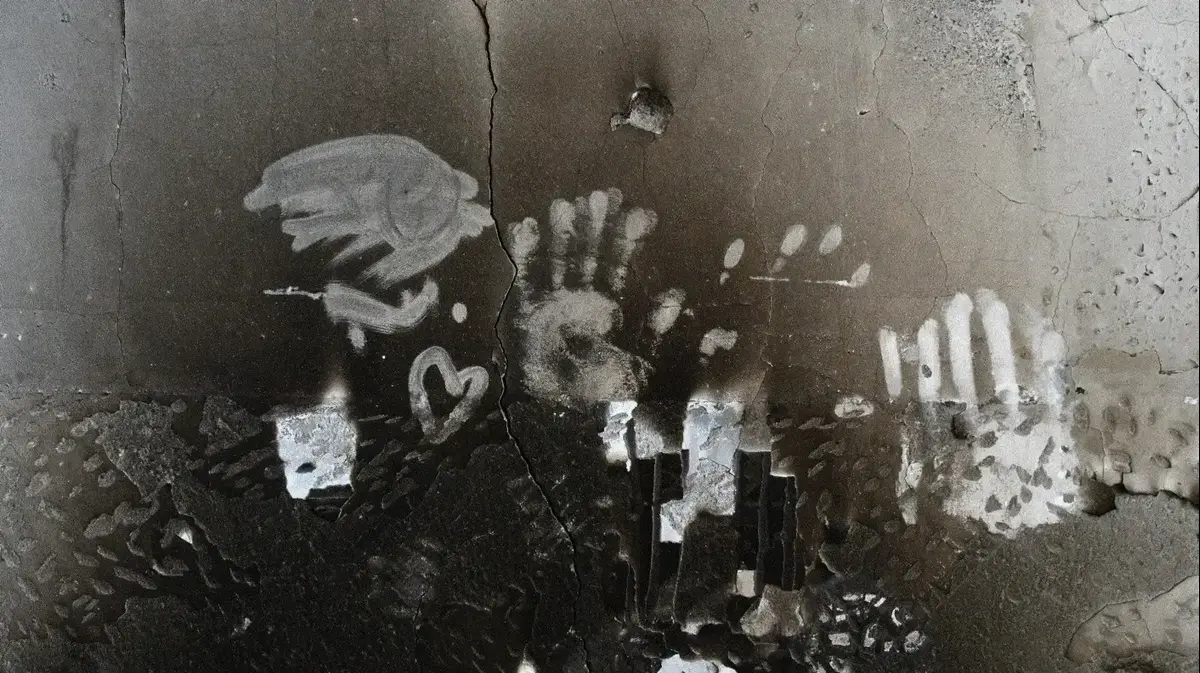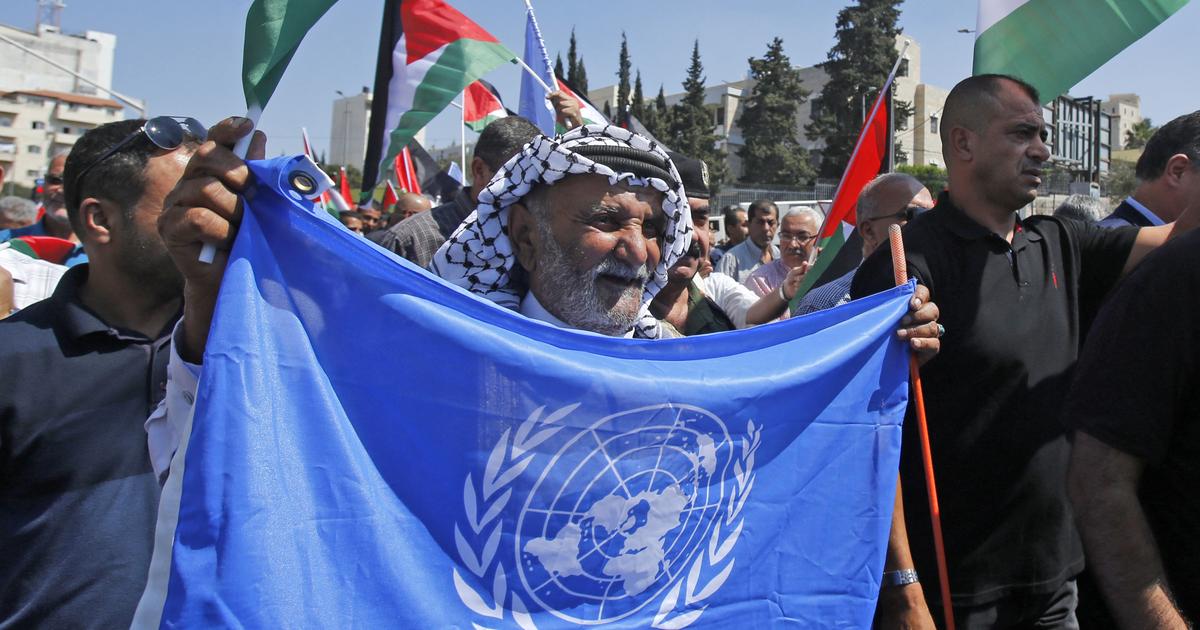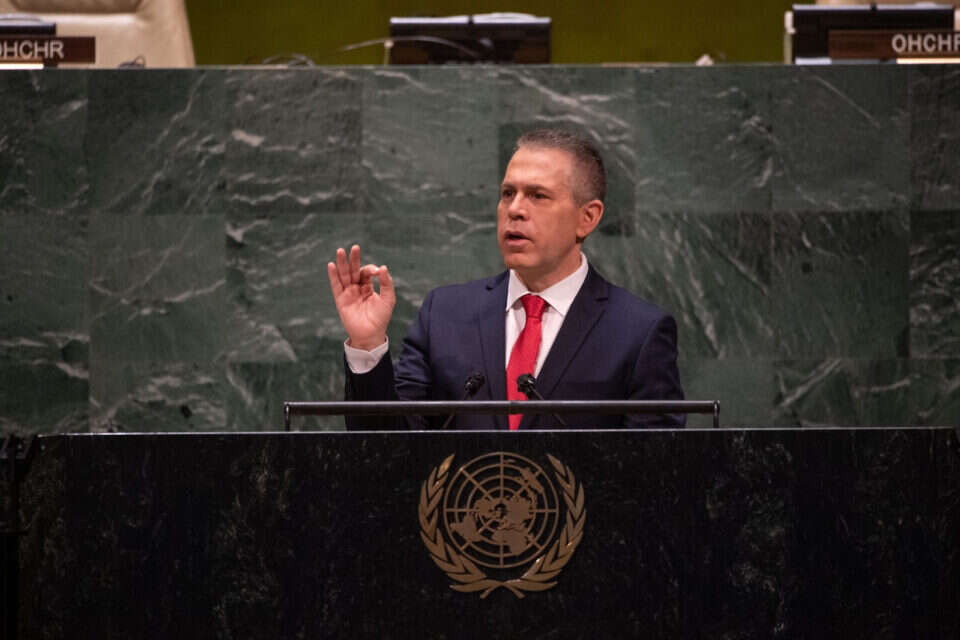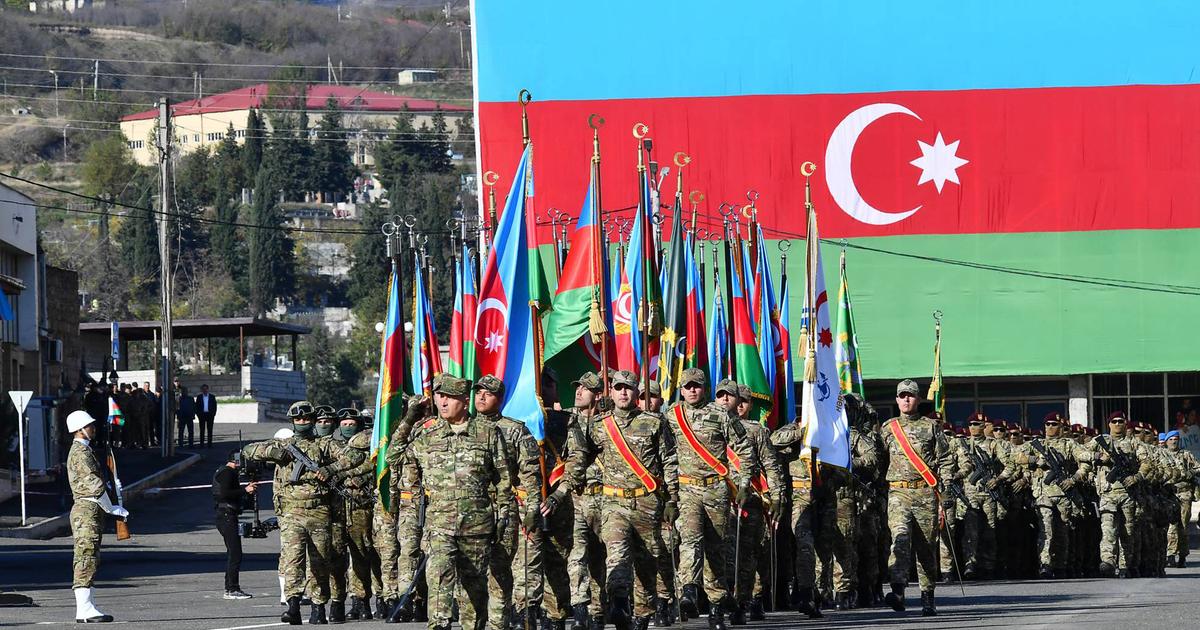Donald Trump talks by phone with the leaders of Israel and Sudan at the White House on Friday.CARLOS BARRIA / Reuters
In just over two months the White House has announced the establishment of relations between Israel and three Arab countries thanks to the mediation of the United States.
Following the diplomatic agreements with the United Arab Emirates and Bahrain, Donald Trump on Friday sponsored a new understanding with Sudan.
With ten days left until a decisive election in which his second term is at stake, the Republican president has spoken from the Oval Office with the Israeli Prime Minister, Benjamin Netanyahu, and the top Sudanese leaders - the Prime Minister, Abdullah Hamdok, and the president of the Transitional Council, General Abdelfatá al Burhan - to close the pact by phone in the presence of the press.
"The leaders have agreed to the normalization of relations between Sudan and Israel, as well as to end the belligerence between the two nations," read a joint statement from the three countries released by the White House.
In the coming weeks, a signing ceremony for the agreement is planned in Washington, in line with the one held last September with the United Arab Emirates and Bahrain.
Israel and Sudan will begin by establishing economic and trade relations, with an emphasis on agricultural cooperation.
President Trump's Administration has been pressuring Sudanese leaders since last August to force their rapprochement with the Jewish state.
On the other hand, Sudan has left the list of States that promote terrorism drawn up by the US State Department, a key measure for the future development of the African country that its leaders have tried to disassociate at all costs from the normalization of relations with Israel.
Last morning Trump signed the official notification to Congress to confirm the removal of Sudan from the black list, in which it has been listed since 1993. Khartoum has agreed to compensate the families of the victims of the attacks with 335 million dollars (283 million euros). the 1998 attacks against the US embassies in Kenya and Tanzania, remotely controlled by Al Qaeda from Sudanese territory.
Since General Al Burhan met Netanyahu in Uganda last February, there have been discreet contacts between the two countries, which have led to the overflight of Israeli aircraft over Sudanese airspace.
The government of Prime Minister Hamdok has preferred to act with caution in the face of the rapprochement with Israel promoted by the military.
The director of Mosad (Israeli foreign secret service), Yosi Cohen, has traveled to Khartoum to negotiate the conditions of the establishment of diplomatic ties.
The mediation of Jared Kushner, Trump's senior adviser and son-in-law, has been key to overcoming the resistance of some Sudanese leaders to the normalization of relations with a country considered an enemy for decades.
A joint US-Israeli delegation secretly visited the Sudanese capital on Wednesday to finalize the details of the deal, according to the Hebrew press.
The president of the Palestinian Authority, Mahmoud Abbas, recalled that "no one can speak on behalf of the Palestinian people" on their historical rights, the Organization for the Liberation of Palestine denounced the decision of Khartoum on Friday as "a new stab in the back" , which follows the steps in Africa to normalization with Israel agreed by Abu Dhabi and Manama in the Persian Gulf region.
The Sudanese capital was the scene in 1967, shortly after the Six Day War, of the declaration of the Arab League in which Israel was denied three times the right to peace, negotiations and diplomatic recognition.
After 53 years of occupation of the Palestinian territories, the Arab front of rejection has begun to crumble under Trump, considered by two out of three Israelis as the best president of the United States for the interests of the Jewish state.
In the middle of the Jewish Sabbath holiday, Netanyahu celebrated in a video broadcast through social networks "the new era of peace with other Arab countries."
"Today in Khartoum there are three yeses: to peace, to normalization and to the recognition of Israel," he recalled, turning the 1967 Khartoum Declaration around.
Sudan's Prime Minister's Office has anticipated that Trump's move should also be a prelude to the restoration of Sudan's sovereign immunity by the US Congress, a move that was among Khartoum's top demands to transfer the funds. intended for compensation, reports
Marc Español
from Cairo, to prevent future financial claims similar to those of the victims of the attacks in Kenya and Tanzania.
Getting off the list of states sponsoring terrorism will allow Sudan to receive greater foreign aid, investment, debt reductions and military assistance, which could help boost its ailing economy, which has accumulated decades of corruption, mismanagement, conflict and international isolation left behind by the Omar al Bashir regime, toppled last year.
Added to this this year have been the devastating effects of the coronavirus pandemic and historic floods.
Sudan today suffers from a shortage of basic products, hyperinflation, its currency is in free fall and has a skyrocketing public deficit.
Although it is difficult to determine the degree of acceptance in Sudan of normalizing relations with Israel, it is believed that a majority of the population, and especially the younger generations and those who participated in the uprising against Al Bashir, would be willing to accept them if they provide benefits for the country.
The linking of the two processes, however, has been criticized in Khartoum as a form of blackmail by the US Administration.

/cloudfront-eu-central-1.images.arcpublishing.com/prisa/7HCPPP2EMRB23HRZHQEFVEY2T4.jpg)







